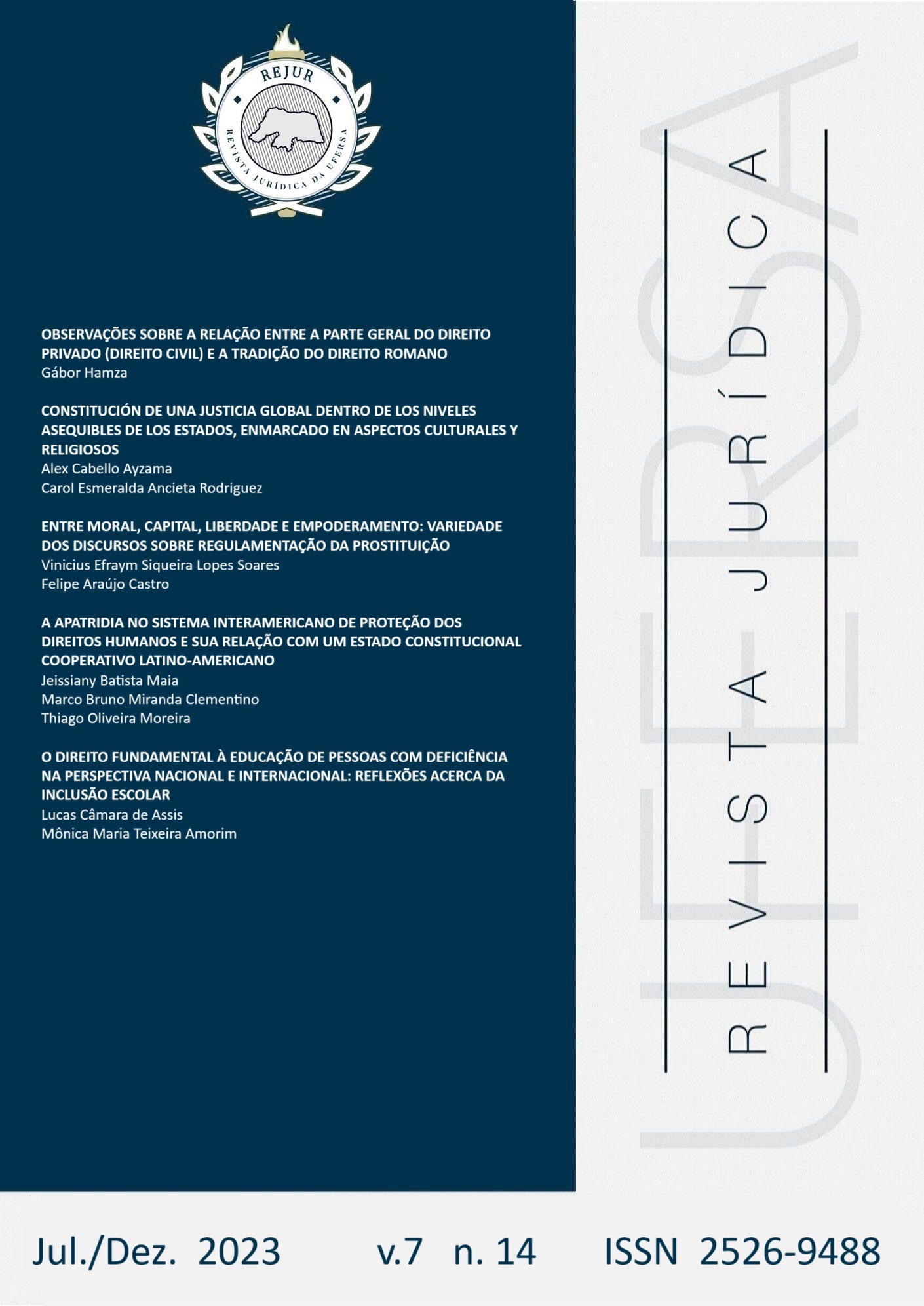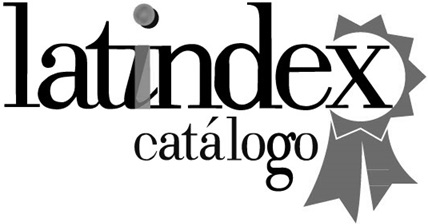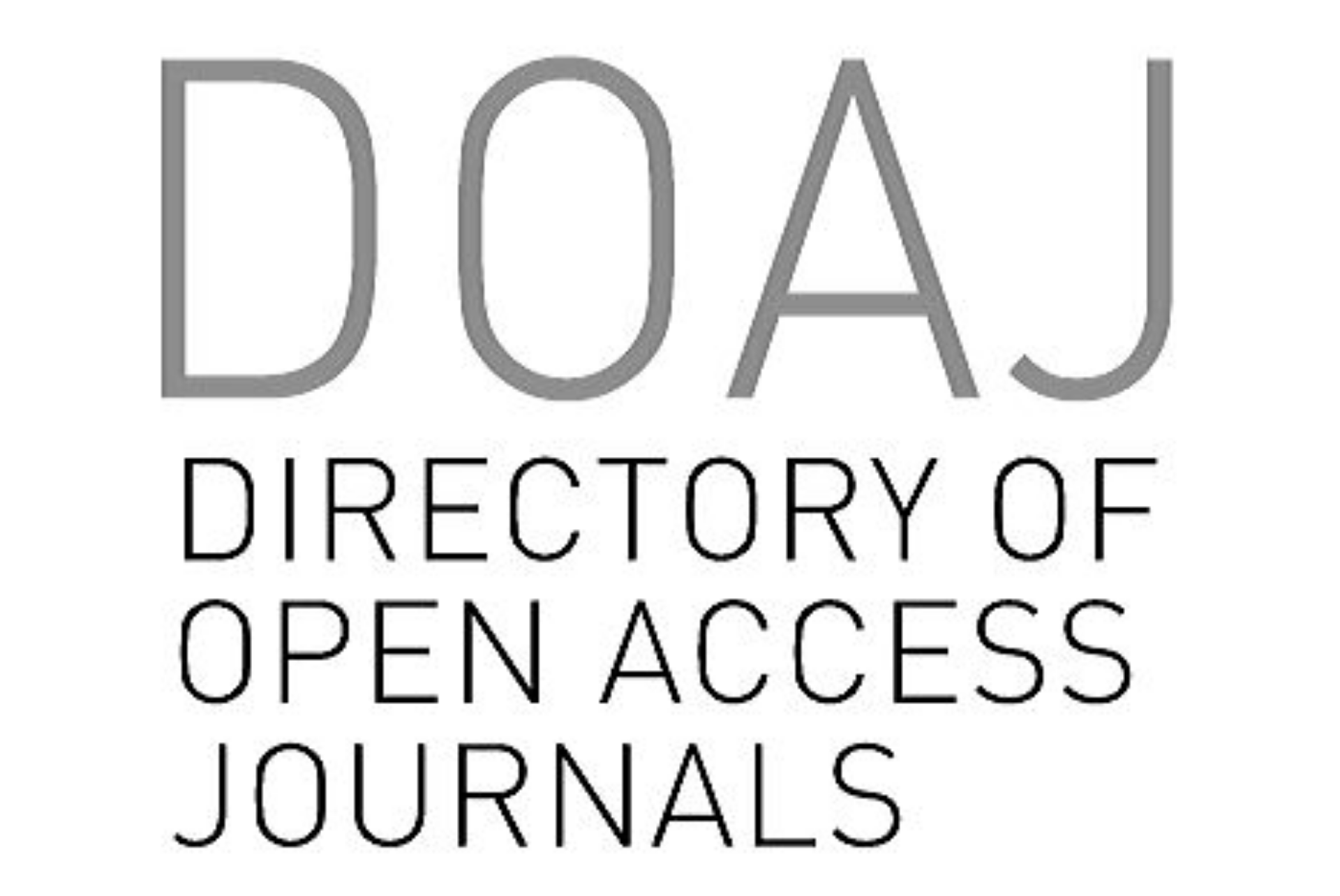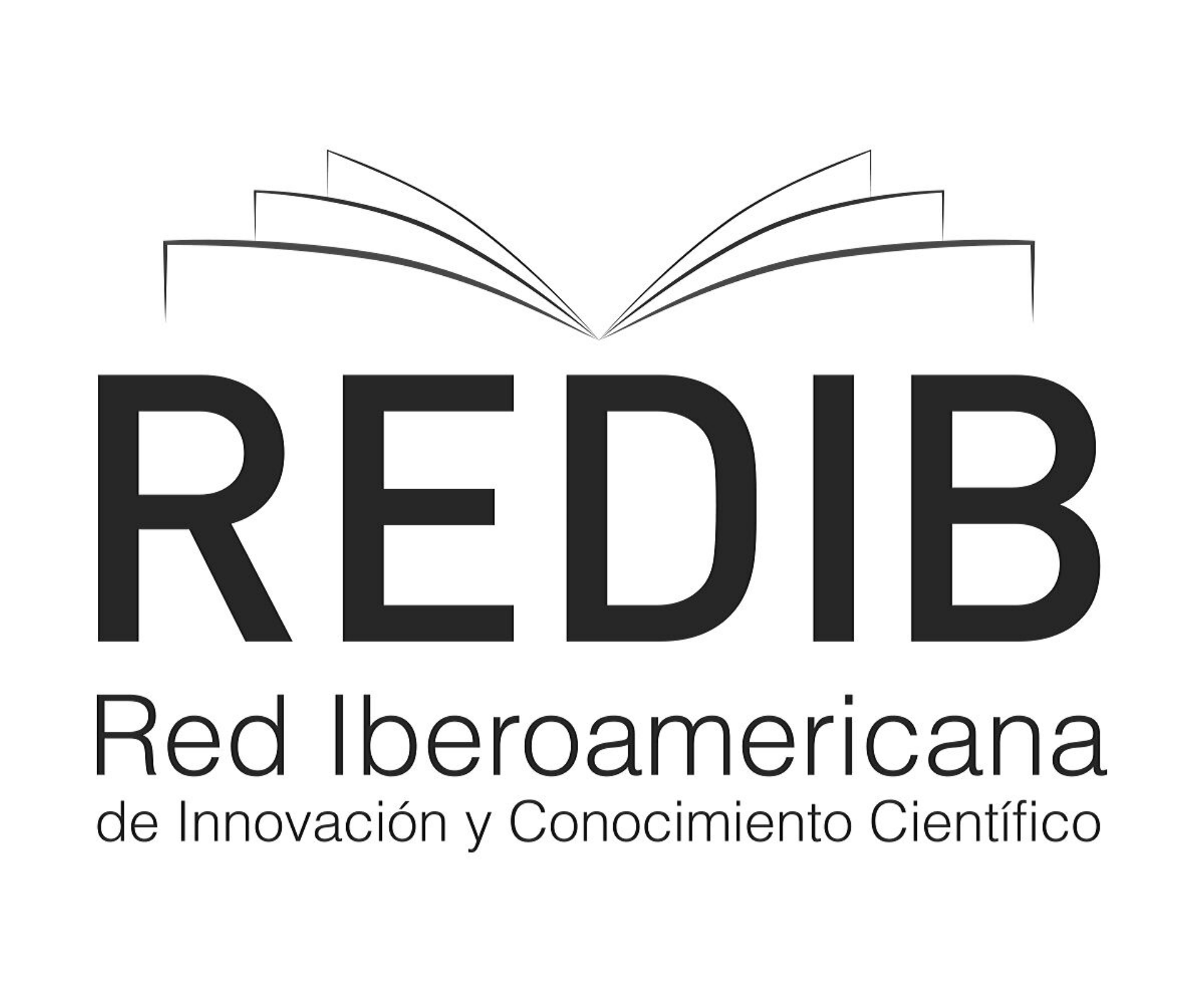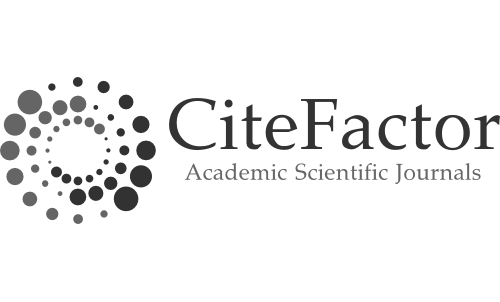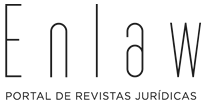Entre moral, capital, liberdade e empoderamento: variedade dos discursos sobre regulamentação da prostituição
DOI:
https://doi.org/10.21708/issn2526-9488.v7.n14.p27-46.2023Abstract
This article proposes to analyze the theoretical constructions and practices related to female prostitution. This option is due to our understanding that the various forms of prostitution manifested in history, as a rule, are umbilically linked to women’s history, reflecting gender dichotomies. We aim to contribute to the understanding of the discourses that affect the practice and its consequent regulation. Initially, through bibliographic research, we rely on Margareth Rago, Carole Pateman, Marx, Engels, Alessandra Kolontai, Andrea Dworkin, and Monique Prada, in order to understand what prostitution is, the formation of stigma, and the doubtful antagonism faced by Christianity and capitalism. With this, we analyze how the proposed legal models exclude the main interested parties, the “putas”. In response, we saw how the putafeministas claim the rescue of these invisible feminine voices. As a solution, the activist prostitutes fight against the hegemonic ideas that dictate the elaboration of public policies, seeking to position prostitution in the field of citizenship, distancing themselves it from the commonly proposed salvationism.
Key-words: Prostitution. Putafeminismo. Regulation of Prostitution.
Downloads
Published
Issue
Section
License
Copyright (c) 2023 UFERSA's Law Review

This work is licensed under a Creative Commons Attribution-NonCommercial-NoDerivatives 4.0 International License.
Ao enviarem seus artigos, os autores concordam com os seguintes termos: 1. Cede-se à REJUR, gratuitamente e sem regime de exclusividade, seus direitos autorais; 2. Confere-se à REJUR os direitos de primeira publicação, permitindo-se o livre compartilhamento dos artigos veiculados em formato PDF; 3. Divulgações posteriores em periódicos, livros, obras coletivas ou eventos de qualquer natureza devem fazer referência à REJUR como meio de publicação original; 4. Os autores são responsáveis pelo conteúdo constante de seus textos; 5. o trabalho será licenciado também sob a Licença Creative Commons Atribuição-NãoComercial-SemDerivações 4.0 Internacional.

